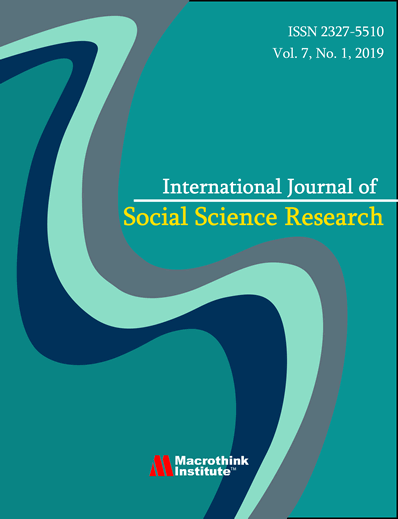The Acceptance of Seitan Serunding as Meat Substitute: Food Experts Point of View
DOI:
https://doi.org/10.5296/ijssr.v12i2.22077Abstract
The global movement towards a plant-based diet, known as the Plant-Based Revolution, has garnered significant attention for its potential health benefits, environmental sustainability, and ethical considerations. Despite the increasing availability and awareness of plant-based options, sensory obstacles hinder their widespread acceptance among diverse consumer groups. A notable challenge lies in the inability of many meat substitute products to accurately replicate the authentic taste and texture of real meat, which influences consumer acceptance of the product. Therefore, from the perspective of food experts, this paper addresses a critical aspect of sensory acceptance in the context of Seitan Serunding, a plant-based meat substitute. The methodology is divided into two phases: Seitan Serunding development and sensory expert evaluation. Seitan Serunding Development used the recipe obtained from the Seitan Society group, where a community of enthusiasts shares their expertise and insights. For sensory expert evaluations, this study enlisted seven experienced culinary and gastronomy lecturers, food testers, and food technologists to deliver detailed, accurate, and insightful assessments of the Seitan Serunding products. These experts must inherently possess the ability to discern subtle variations in taste, texture, aroma, appearance, and overall acceptability by using a five-point Likert scale for each item evaluated. Then, this evaluation was analysed using descriptive analyses. Findings reveal that Seitan Serunding's delicious taste and close resemblance to traditional Meat Serunding, with a slight difference in aftertaste, could refine it for a more authentic experience through seasoning adjustments. This study contributes to the discourse on meat substitutes, highlighting the need for future research to explore diverse preparation methods for seitan and conduct comparative studies with a broader range of meat substitutes to address existing gaps in understanding and acceptance.

